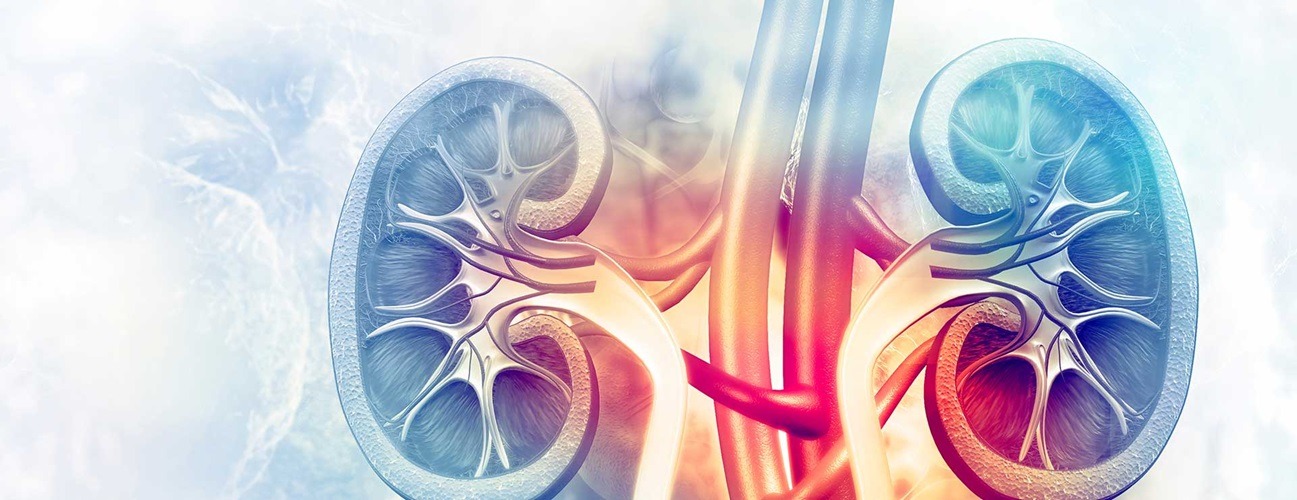
What Are the Diseases That Urologists Treat?
In addition to treating male and female urinary tract disorders, a urology doctor in Dubai also treats various reproductive organ disorders. Pediatric urology focuses on diseases that affect children’s urinary tracts and reproductive organs. Common pediatric urology conditions include bladder dysfunction and bedwetting. In addition, a urology doctor can perform procedures to correct congenital conditions of the sex organs.
Treatment of erectile dysfunction:
A urology doctor will perform a thorough physical exam and perform a series of tests to determine the cause of your erectile dysfunction. Your doctor will perform a physical examination of your penis and testicles and may order routine blood tests to determine your cholesterol level and check for underlying health conditions such as diabetes or heart disease. Your doctor may also recommend certain tests to determine the function of your prostate.
Treatment of enlarged prostate:
Most men in their middle age or older experience symptoms of an enlarged prostate. These include frequent urination, start-and-stop urination, and the urge to urinate during the night. Pain in the lower abdomen and penis is another symptom of an enlarged prostate. While the condition is not dangerous, ignoring the symptoms may lead to further discomfort and even other medical conditions. In addition to urological complications, an enlarged prostate can cause problems with the bladder and kidneys.
Treatment of testicular cancer:
Often, a physician will recommend a biopsy of the testicle in the early stages of testicular cancer to diagnose the disease. A biopsy involves the removal of the testicle so that pathologists can examine it under a microscope to determine whether it is cancer or not. In addition to a biopsy, the doctor may order blood tests to determine whether cancer has spread outside the testis.
Treatment of kidney stones:
Urology doctors are trained to diagnose and treat kidney stones. Stones can be painful and may cause sudden abdominal pain. A CT scan is used to diagnose kidney stones. It can reveal the exact location of the stone. CT scans are commonly used in emergency rooms to diagnose a stone. Treatment options depend on the type and severity of the stones and the length of time you have been experiencing symptoms. If you are experiencing any of these symptoms, speak with your health care provider to determine the best course of treatment.

